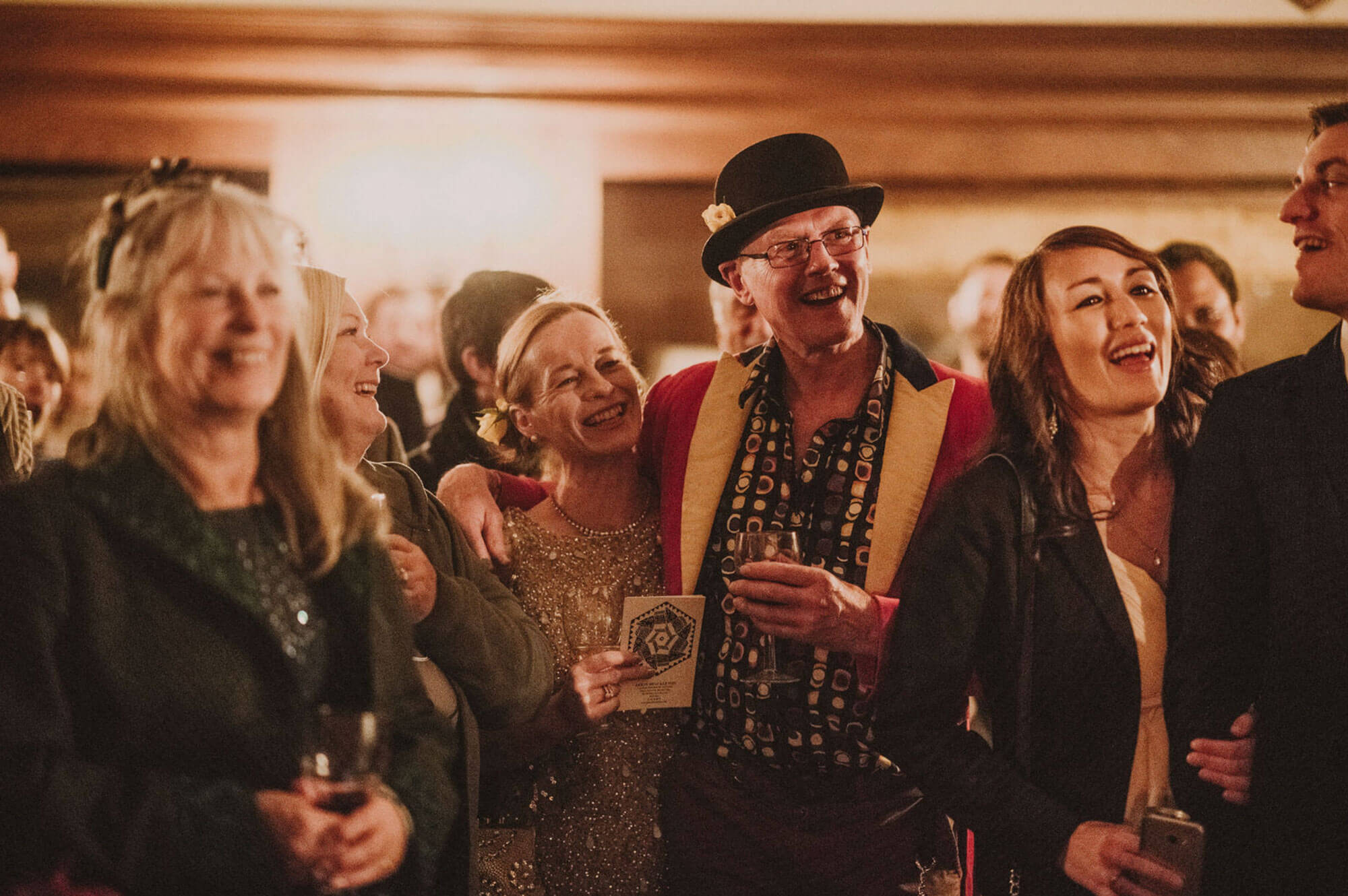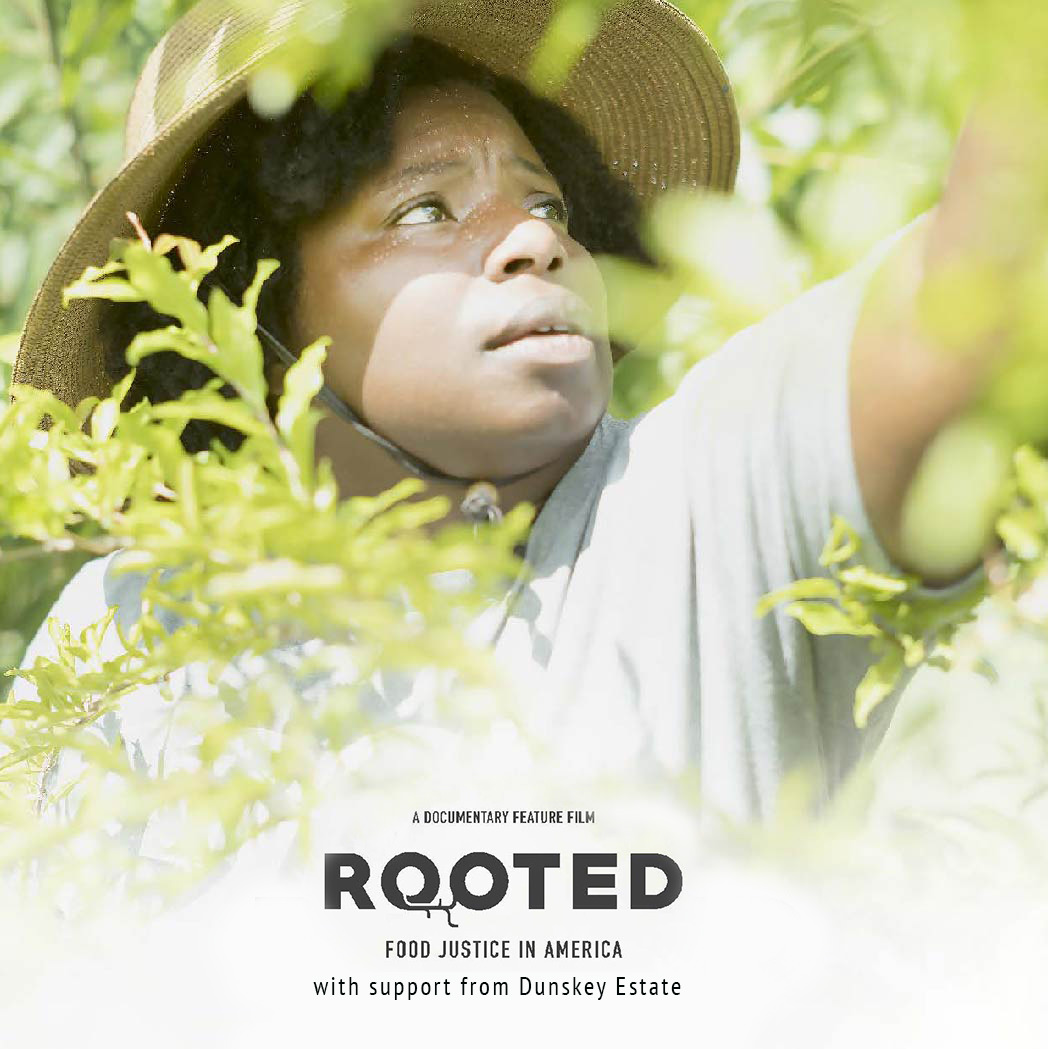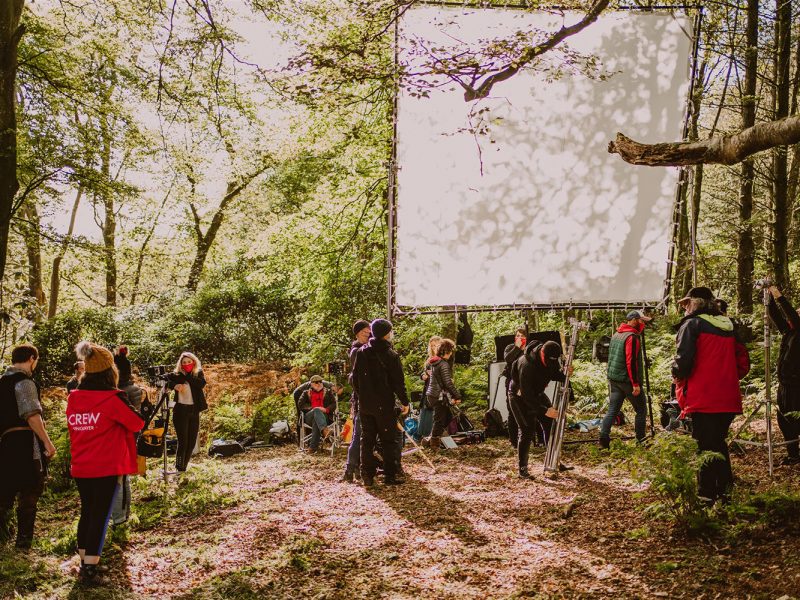Dunskey Supports Rooted Film
A Documentary about Food Justice in America
At Dunskey, we spend an inordinate amount of time thinking about food, and we have been planning for a closed-loop system for some time. Thus we have some limited knowledge of what nutrition-rich meals DEMAND from people, families and communities. The shocking amount of personal resources that one must invest into nutritious food, such as time, money, planning, access, transport, education, makes the task feel impossible.
1. So when we learned of your project about food justice in America, we knew that this project will address invisible forces behind hunger and healthy eating, such as systemic racism and structural inequality. Is this the case? What is the overarching theme of Rooted?
– Yes, it is the case!
– Germaine lives in a mostly Black community that suffers from staggering poverty and food insecurity. The nearest grocery store is 15 miles outside of town, and most residents don’t own cars. This is by design, not accident, and the purposeful separation of communities of color from food resources has a name: “food apartheid.”
– Germaine is fighting back against this structural injustice by creating her own food supply and distribution system: her Fresh Future Farm and associated market are an important source of fresh food and gainful employment in a community that has too little of both.
– By elevating the story of one woman’s struggle to alter the fate of her community through access to healthy food, ROOTED will shine a light on the broader issue of food justice and its centrality to racial justice while simultaneously issuing a powerful call to action.
2. It was revelatory to hear Hawk Newsome, the co-founder of Black Lives Matter of Greater New York, state that food injustice is a greater threat to Black lives than racial violence. Could you help us understand more of his statement and how the film addresses this point?
– Food Apartheid IS a form of racialized violence, another tool of White Supremacy, but Hawk believes that food is something that Black Americans can exercise greater control over than other forms of racialized violence. We can save more Black lives by taking control of our diets and food supply systems than can be saved through police reform or other racial justice initiatives.
3. Food apartheid in America, of course, is a thoroughly designed product of a white supremacy that suffocates the US agricultural industry since its genesis. This is not a fact that is well publicized. How does the film capture this part of historical development?
– To contextualize Germaine’s mission ROOTED explores the long history American food apartheid and the struggle agains it: plantation slavery, the USDA’s discriminatory land policies, Fannie Lou Hamer’s Freedom Farm Cooperative, and the Black Panthers Party’s free breakfast program are all explored and connected to our current food justice dilemma.
4. Please tell us a bit about Germaine Jenkins, the protagonist of the film. What are some surprising aspects about her?
– Germaine Jenkins is a chef, grocer, farmer, mother, activist, educator and everyday visionary determined to restore health and dignity to the people of her community. Twenty-six years ago Germaine was dreaming of a career in the culinary arts, but the arrival of her firstborn put her plans of jetting off to Le Cordon Bleu in Paris on hold. Her love of quality food and her desire to eliminate food insecurity in her community led Germaine to establish Fresh Future Farm, an urban homestead in North Charleston, SC.
– While the battle for Fresh Future Farm forms the basis of ROOTED’s plot, at its core, the film is the origin story of Germaine’s emergence as leader. We witness Germaine become a nationally-recognized figure in real time! It’s as if a film crew were following Stacey Abrams in the years leading up to Georgia’s “Blue Flip” in 2020.
5. Give it to us in one sentence: what is the message you’d like the film to send to its audience? Why this message, and why now?
– The fight for food justice and the fight for racial justice are not separate: one cannot exist in the absence of the other. During this moment of global racial reckoning we must not ignore any sector in which inequality thrives. Now is the time to center food justice. Now is the time to tell Germaine’s story!











